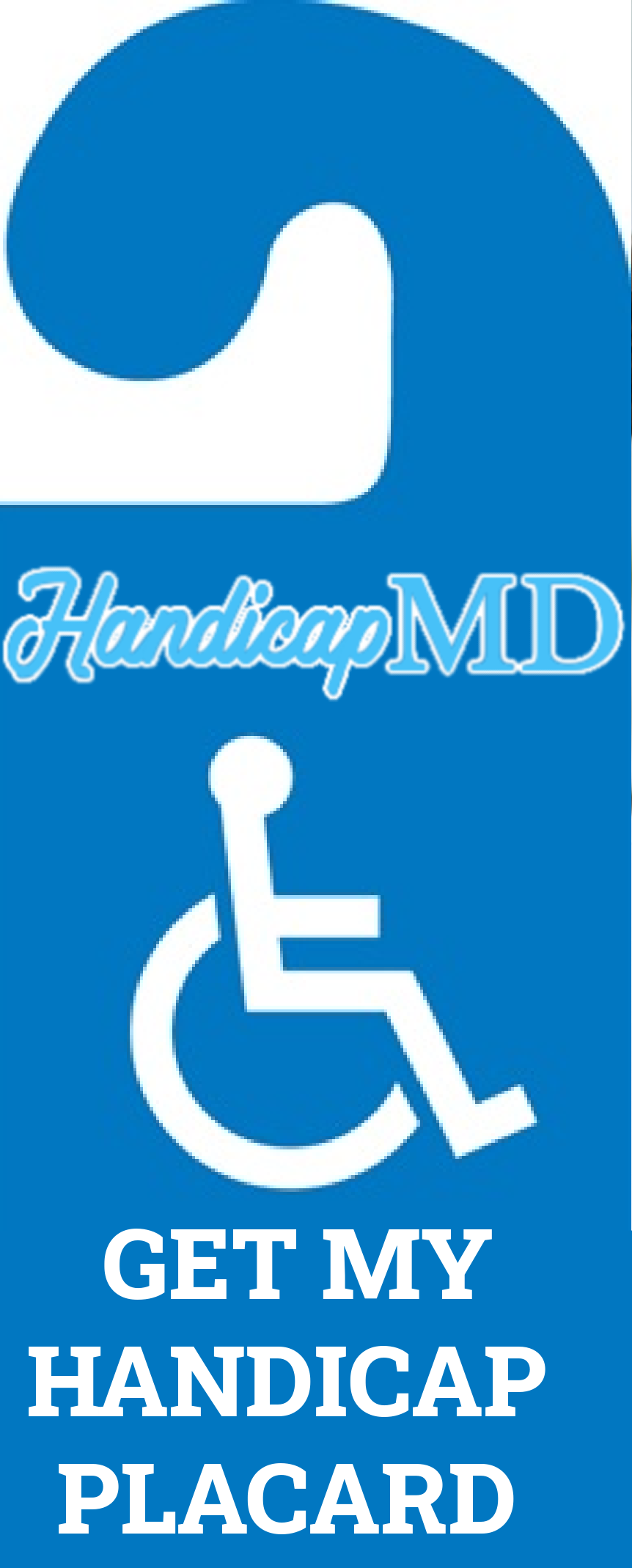
Exploring the Different Types of Handicap Placards in Oregon
Welcome to the ultimate guide on disability passes in OR. As a vital resource for individuals with disabilities, these special permits provide essential access and privileges. In OR, these come in diverse types, each catering to specific needs and circumstances. Whether you're a resident or planning a visit, understanding the nuances of these passes is crucial. Let's delve into the intricate details of exploring the different types of handicap placards in Oregon.
Importance of Handicap Placards
In OR like in many other states, handicap permits serve as a means to provide equal access and opportunity for individuals with disabilities. These tags are instrumental in facilitating accessibility in public spaces, transportation, and various services. They not only signify the presence of a disability but also indicate the specific accommodations required.
Types of Handicap Placards
Physical Disability Permits
Physical tags cater to individuals with mobility impairments or other physical limitations. These tags ensure that necessary accommodations are in place to facilitate their movement and access.
Wheelchair Accessible Tags
These tags designate spaces, facilities, or vehicles that are accessible to individuals using wheelchairs. These tags are essential for disabled parking spaces, restrooms, and public transportation.
Mobility Impairment Tags
Mobility impairment tags encompass a broader range of disabilities, including those requiring assistance devices like walkers or crutches. These tags ensure that accommodations such as ramps, handrails, and designated seating areas are available.
Cognitive Disability Permits
Cognitive tags are designed for individuals with cognitive impairments, including developmental disabilities or neurological conditions. These tags help in providing appropriate support and understanding for individuals with diverse cognitive needs.
Autism Spectrum Disorder Tags
Tags specific to autism spectrum disorder (ASD) indicate the presence of sensory sensitivities or communication challenges. These tags facilitate understanding and create environments that accommodate individuals with ASD.
Intellectual Disability Tags
These tags cater to individuals with limitations in intellectual functioning and adaptive behaviors. These tags ensure that services and support are tailored to meet their unique needs.
Sensory Disability Permits
Sensory accessible tags address the needs of individuals with visual or hearing impairments. These tags ensure accessibility and communication accommodations for individuals with sensory challenges.
Visual Impairment Tags
Visual impairment tags indicate the presence of low vision or blindness. They prompt the availability of accommodations such as braille signage, audio descriptions, and assistive technologies.
Hearing Impairment Tags
Hearing impairment tags signify the need for accommodations such as sign language interpreters, captioning, or hearing aid compatibility. They ensure effective communication for individuals with hearing loss.
Applying for Handicap Placards in Oregon
Applying for an Oregon handicap plcard involves meeting specific eligibility criteria and completing the necessary documentation.
Eligibility Criteria
Eligibility for disability tags in Oregon typically requires medical documentation verifying the presence of a qualifying disability or condition.
Application Process
The application process involves submitting the required forms to the Oregon Department of Motor Vehicles (DMV) or relevant authorities. This process may vary depending on the type of disability tag being applied for.
Documentation Required
Documentation required for disability tag applications may include medical records, physician statements, and proof of residency. Providing accurate and thorough documentation is essential for a successful application.
Benefits of Accessible Passes
Accessible passes offer numerous benefits, including priority parking, access to accessible facilities, and accommodations in public transportation. They promote inclusivity and independence for individuals with disabilities.
Challenges Faced by Individuals with Disabilities
Despite the availability of handicap placards, individuals with disabilities still face challenges in accessing services, employment opportunities, and societal inclusion. Addressing these challenges requires ongoing advocacy and efforts to promote accessibility and equality.
Unique FAQs
Are accessible tags valid across all states?
- While tags are recognized nationally, specific regulations and eligibility criteria may vary between states.
Can someone without a visible disability apply for a tag?
- Yes, individuals with disabilities that may not be immediately apparent, such as certain cognitive or sensory disabilities, can also apply for special tags.
How long does it take to process a tag application in OR?
- Processing times may vary, but it typically takes a few weeks to receive a pass after submitting a complete application.
Are there any fees associated with obtaining a tag in OR?
- There may be nominal fees associated, but they are often waived for individuals with qualifying disabilities.
Can family members or caregivers use a vehicle with a tag if the individual with a disability is not present?
- In most cases, tags are issued for the specific use of the individual with a disability and should not be used if the designated individual is not present in the vehicle.
Conclusion
Navigating the landscape of handicap placards in Oregon encompasses understanding the eligibility criteria, types of passes, application procedures, benefits, and renewal processes. By harnessing the insights provided in this guide, individuals can leverage accessible permits to enhance accessibility, mobility, and independence. Embrace the empowerment that comes with exploring the different types of accessible passes in OR, ensuring inclusivity and equitable access for all.
.png)






